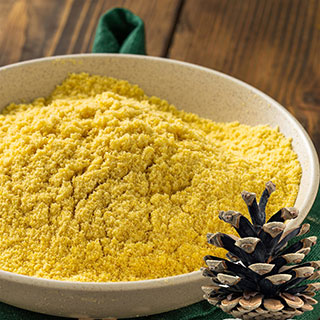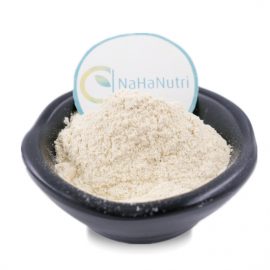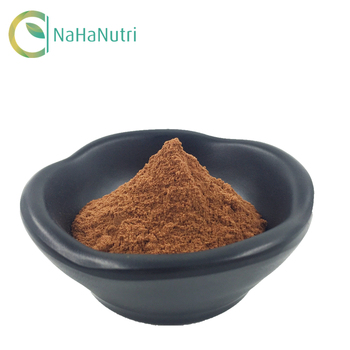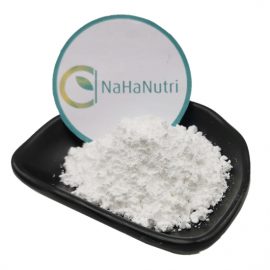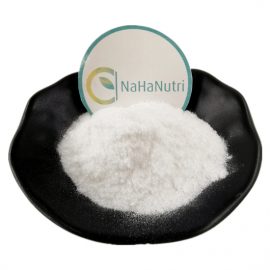Gardenia Jasminoides Ellis Extract Yellow
- Latin Name: Gardenia jasminoides Ellis
- Active Ingredient: Gardenoside
- CAS No.: 1934-20-9
- Test method: uv/tlc
- Specifications: 4:1/10:1 E10-E200
Product Description:
Name : Gardenia jasminoides Ellis extract
Other name:Gardenia jasminoides Ellis
Source:Gardenia jasminoides Ellis fruit
Latin name:Gardenia jasminoides Ellis
Ingredient:Gardenoside
Specfication :4:1/10:1 E10-E200
Test methods:TLC/UV-VIS
CAS No.: 1934-20-9
Molecular Formula:C16H11N2NaO4S
Molecular Weight:none
Appearance:brown yellow or blue powder
what is Gardenia jasminoides Ellis extract ?
Gardenia Blue,yellow is pure natural water soluble food colorant, it’s extracted from the Gardenia fruit ( Gardenia jasminoides Ellis )which mainly contain of crocin and crocetin.
Gardenia Blue is 100% water soluble, it’s stable in medium at PH 4.0-8.0,It has a good resistance to temperature, but not to light.Gardenia is a genus of flowering plants in the coffee family, Rubiaceae, native to the tropical and subtropical regions of Africa, Asia, Madagascar and Pacific Islands.
The genus was named by Carl Linnaeus and John Ellis after Dr. Alexander Garden (1730-1791), a Scottish-born American naturalist.
Function:
1.Liver protection and benefiting gallbladder
2. Seadation,bleeding stanching,dispelling swelling .
3. Treating cardiovascular diseases .
4. Dispelling heat,eliminating irritability,diuretic, cooling blood and detoxification
Application:
(1).As raw materials of drugs for treating cardiovascular and hepatobiliary diseases. it is mainly used in pharmaceutical field;
(2).As product of dispelling heat, cooling blood and diuretic, it is mainly used in health product industry.
what is gardenia?
Gardenia is a genus of flowering plants in the coffee family, Rubiaceae, native to the tropical and subtropical regions of Africa, Asia, Madagascar and Pacific Islands.
The genus was named by Carl Linnaeus and John Ellis after Dr. Alexander Garden (1730-1791), a Scottish-born American naturalist.
They are evergreen shrubs and small trees growing to 1–15 metres (3.3–49.2 ft) tall. The leaves are opposite or in whorls of three or four, 5–50 centimetres (2.0–19.7 in) long and 3–25 centimetres (1.2–9.8 in) broad, dark green and glossy with a leathery texture. The flowers are solitary or in small clusters, white, or pale yellow, with a tubular-based corolla with 5-12 lobes (petals) from 5–12 centimetres (2.0–4.7 in) diameter. Flowering is from about mid-spring to mid-summer, and many species are strongly scented.


